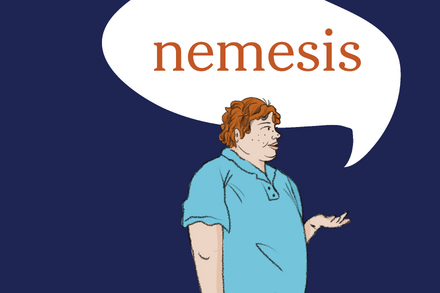The rapid integration of artificial intelligence (AI) tools into academic environments has sparked an extensive global debate about the future of higher education, with concerns emerging over its potential to fundamentally alter the essence of collegiate learning. As AI applications, particularly large language models, become more sophisticated and accessible, institutions are grappling with both their transformative potential and their inherent challenges.
Proponents of AI integration highlight its capacity to revolutionize pedagogical approaches. AI can offer personalized learning pathways, tailoring content and pace to individual student needs, and automate administrative tasks, freeing up educators to focus more on direct student engagement. It also presents opportunities for enhanced research capabilities, data analysis, and even language learning, potentially democratizing access to complex information and skills.
However, a growing chorus of academics, policymakers, and students are voicing apprehension that an over-reliance on AI could diminish critical aspects of the college experience. Central among these concerns is the potential erosion of authentic intellectual development. Questions are being raised about how AI impacts students’ abilities to think critically, formulate original arguments, and engage in genuine problem-solving when advanced tools can generate sophisticated text or solutions with minimal effort.
Beyond academic integrity, there are anxieties regarding the qualitative shift in human interaction within the educational sphere. The traditional model of higher education emphasizes collaborative learning, debate, and direct mentorship between faculty and students. Critics suggest that an increased reliance on AI intermediaries could inadvertently reduce these vital human connections, potentially isolating students and diluting the communal experience that is often considered a cornerstone of university life.
Furthermore, discussions revolve around the equitable access to AI technologies and the potential for a digital divide, where students from less privileged backgrounds might lack the necessary resources or training to fully leverage these tools. Universities are now actively developing new policies, academic integrity guidelines, and curricula designed to responsibly incorporate AI, focusing on teaching students how to use these tools ethically and effectively, rather than relying on outright bans.
The evolving landscape of AI in education presents a complex challenge: how to harness the technological advancements for educational benefit while preserving the foundational values of inquiry, critical thought, and humanistic development that define the academic mission. The ongoing discourse aims to navigate this delicate balance, ensuring that technological progress serves to enhance, rather than diminish, the soul of higher education.
Source: Read the original article here.





